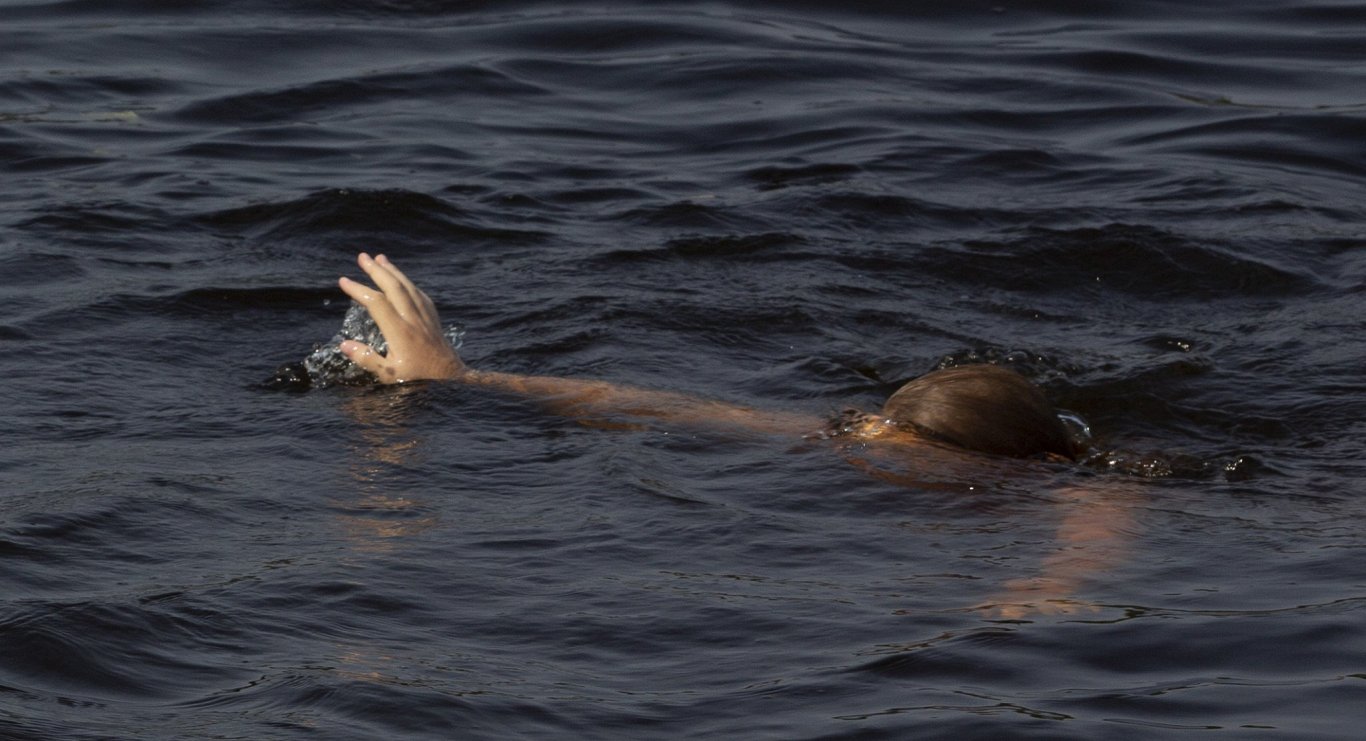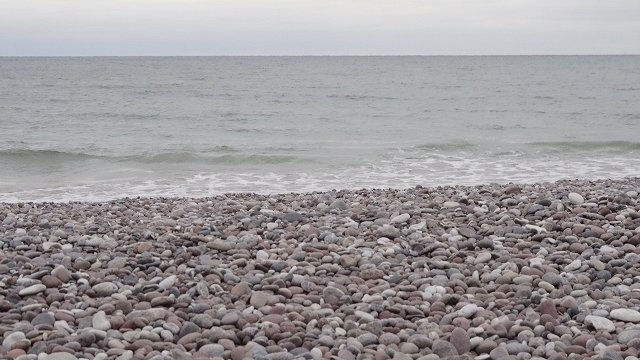The next water tests are planned to be carried out on August 2 and 30.
After the heavy rainfall on Tuesday, it is not advised to swim near Lucavsala and Ķīpsala in the Daugava, as well as in the Gulf of Rīga in Vecāķi. This is due to the fact that the rainfall caused sewage water to enter water bodies.
As previously reported by LSM, in Rīga, residents were recently advised not to swim in Lake Jugla due to high levels of pollution.
Meanwhile LSM's Latvian language service reports that the Health Inspectorate has been receiving reports of unpleasant physical reactions from swimmers after swimming in Melnezers lake, Tukums region and at the Lāčauss swimming area on Lake Stāmeriena in Gulbene region.
The Health Inspectorate warned that these might be cases of "swimmer's itch", a rash caused by an allergic reaction, and called on municipalities to pay more attention to the quality of swimming water, as well as to place warning signs in swimming areas where signs of skin allergy may have been detected.
During the swimming season, from May 15 to September 15, the Health Inspectorate conducts an in-depth and regular monthly analysis of the microbiological contamination of water in Latvia's official sea and inland swimming areas. However, there are many other unofficial swimming spots that are not monitored.



























